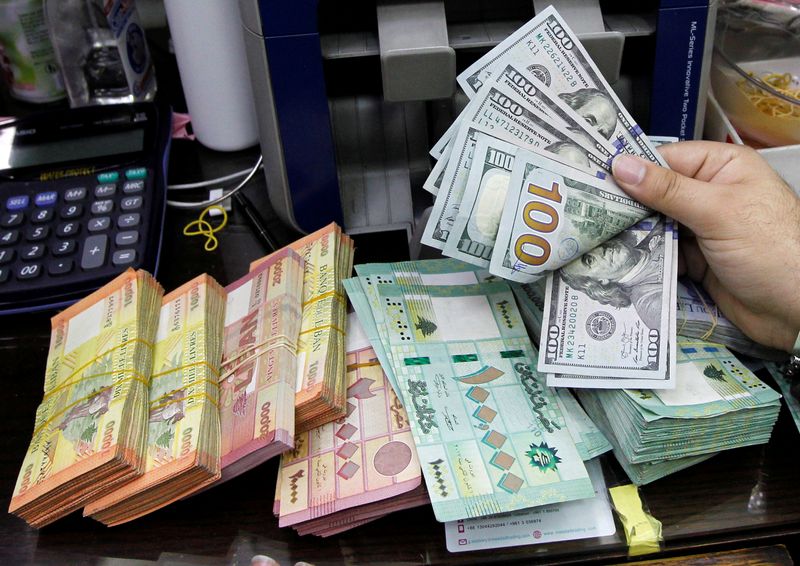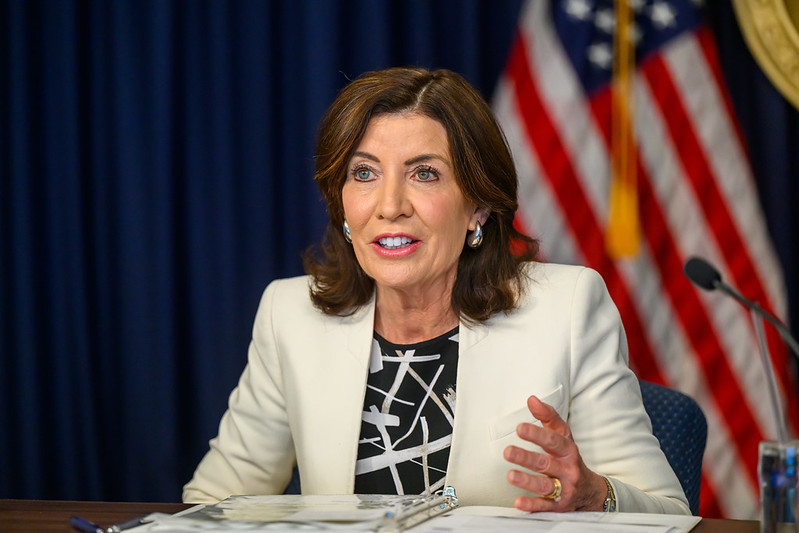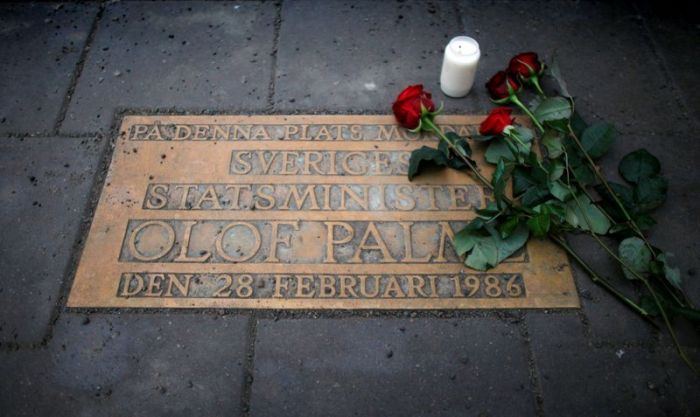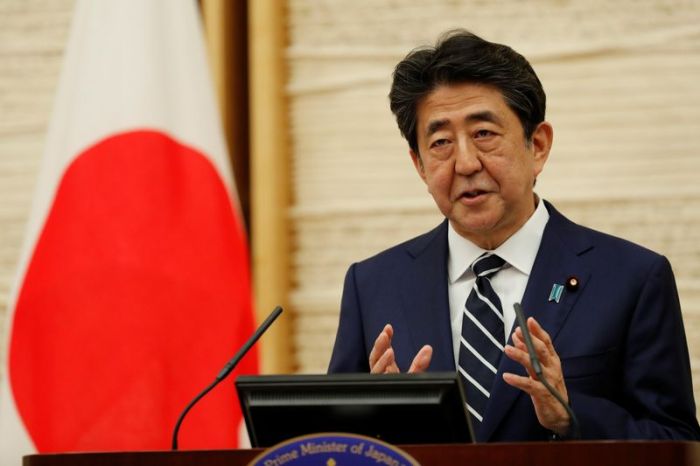BEIRUT (Reuters) – Lebanon’s battered currency has slid to fresh lows against the U.S. dollar despite a new pricing system which Beirut hopes can curb soaring food prices as it negotiates an IMF deal to climb out of crisis.
The Lebanese pound has lost over 60% of its value since October, as dollars dwindled, with banks cutting access to hard currency and rationing the greenback exclusively for fuel, medicine, and wheat at a pegged rate of 1,507.5 pounds.
The crisis, which began late last year, is seen as the biggest threat to Lebanon’s stability since the 1975-1990 civil war.
One currency dealer said dollars on Wednesday were being bought at 4,250 and sold at 4,500. A second said he was buying at 4,300 versus 4,100 a day earlier but not selling because of scarcity.
Importers said it was getting increasingly difficult to source enough dollars to complete orders.
“Looking forward only a few weeks ahead, we may not be able to honour our engagements towards our suppliers,” said Hani Bohsali, general manager of Bohsali Foods, a major food importer.
The government and money changers last week launched a pricing system with a gradually reduced rate announced each day with the aim of reaching 3,200 pounds.
Under the scheme, money changers on Wednesday set a buying price of 3,890 and selling price of 3,940. Importers said dollars at this rate were unavailable.
“We have given clear, decisive instructions to security agencies to be tougher in curbing the chaos in pricing,” Prime Minister Hassan Diab said on Wednesday.
The central bank said a new electronic foreign exchange trading platform would go live on June 23.
Money changers will have to enter details of transactions into an electronic application and adhere to a buying and selling range set each morning by the central bank, subject to change throughout the day.
Lebanon’s dollar supply has been further hit by a currency crisis in neighbouring Syria. Syrians are piling into dollars to protect against inflation and hedge against the effect of impending U.S. sanctions.
Lebanon’s currency collapse threatens renewed unrest as Beirut negotiates a programme with the International Monetary Fund tied to billions of dollars to kickstart a recovery.
Protests erupted late on Tuesday in Beirut and Tripoli, triggered in part by the currency crash.
Lebanon’s government appointed four central bank vice governors on Wednesday, local broadcasters said, after the posts were left vacant for over a year.
(Reporting by Eric Knecht and Tom Perry; Editing by Gareth Jones/William Maclean/Alexandra Hudson)



















